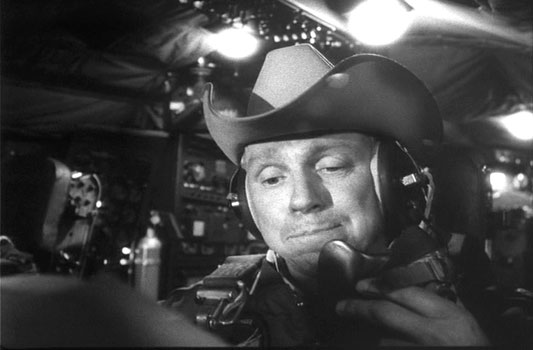Looks like the NFL is getting fired up again.
Yes, the loser update will return this year. We haven’t sat down to consider which teams are likely candidates for the Owen-16 trophy, but maybe we’ll get some time to do that between now and the start of the regular season.
But we are sure everyone is asking this question: what of Gregg Easterbrook and “Tuesday Morning Quarterback”? Has he found a new home, since the “Weekly Standard” folded up their tent and headed into the long dark night? And what of “TMQ Watch”? Will that be a recurring feature next year?
To answer the last question first: sadly, no. No “TMQ Watch” in 2019. Why?
To answer many inquiries from Tuesday Morning Quarterback aficionados – just finished novel #4, researching nonfiction book #7, there are only so many hours in the day. So no TMQ this season. Not ruling out for future. pic.twitter.com/sKkPielXIM
— Gregg Easterbrook (@EasterbrookG) August 11, 2019
Not our choice, Easterbrook’s. We may try to keep an eye on his Twitter feed for noteworthy items relating to the NFL. But we’ve found that Easterbrook’s Twitter feed is a reliable way of pressure testing our cerebral arteries, so we don’t recommend making bets on how much and how often we’ll be doing that.
